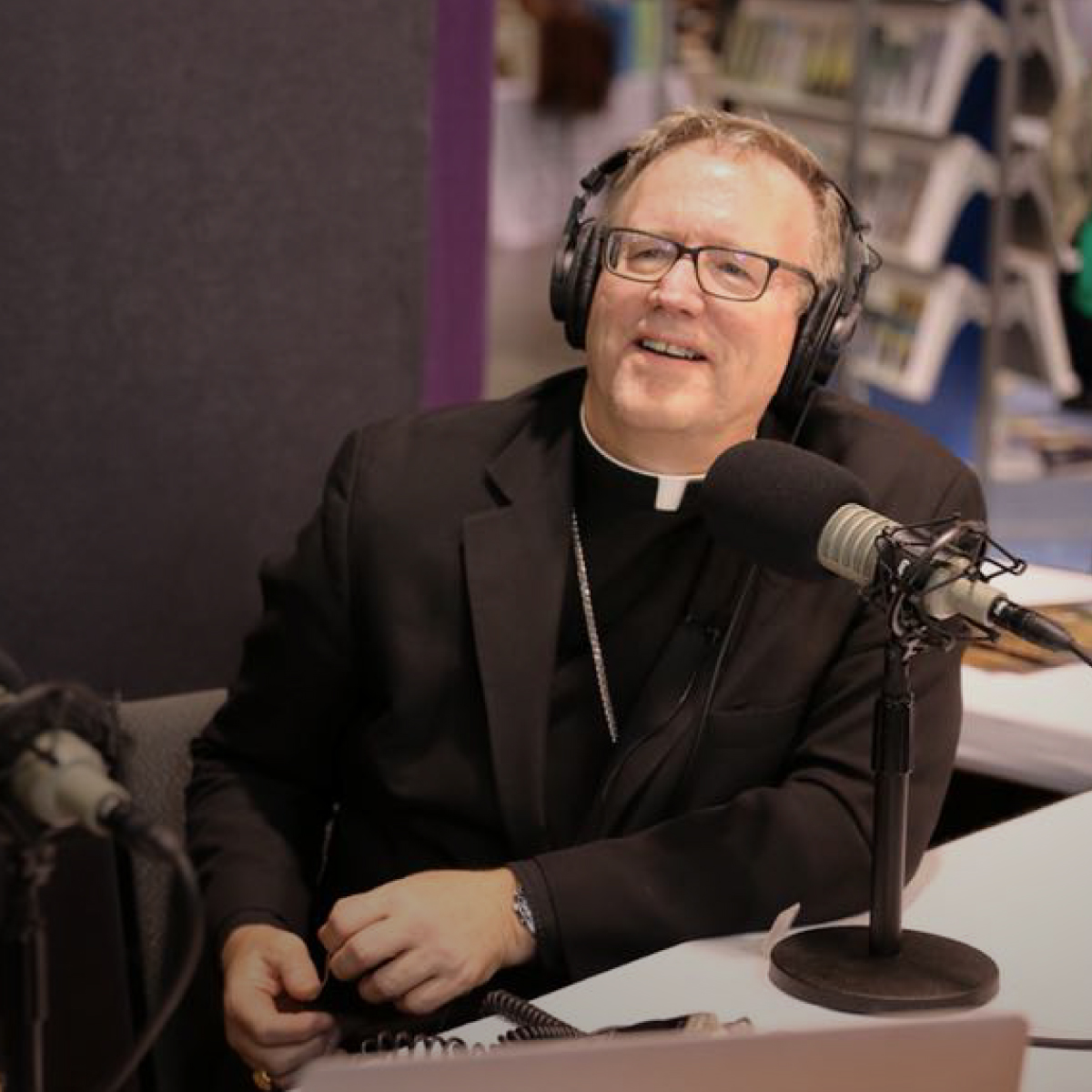In this episode, Bishop Barron and Brandon Vogt record live from the L.A. Congress, discussing Bishop Barron’s keynote talk on beauty and interacting with visitors at the booth. Enjoy!


In this episode, Bishop Barron and Brandon Vogt record live from the L.A. Congress, discussing Bishop Barron’s keynote talk on beauty and interacting with visitors at the booth. Enjoy!